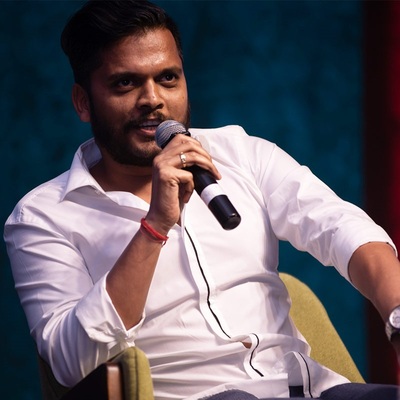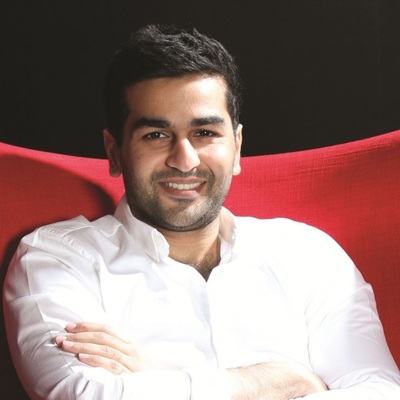The Background
Post graduating as an engineer from IIT Delhi, Sujeet Kumar joined Flipkart. While working at Flipkart, Sujeet Kumar and his colleagues Amod Malviya & Vaibhav Gupta, noticed a trend in Indian consumer market - high digital adoption rate & mobile phones becoming a necessity rather than an asset. Despite the surge in digital adoption rate, the purchasing power of Indians (esp. the broader middle class) was still low. There was a constant need that motivated Kumar to solve this core problem that Indians were facing.
The Spark
Very few companies back then focused on solving the problems of India's domestic trade economy. Manufacturers, retailers, traders, wholesalers and every small business owner faced problems in terms of sourcing quality goods, payments, logistics and service credits. Sujeet Kumar understood the logistics aspect of the businesses because of his past experience, where he was involved in building e-kart, the supply chain system for Flipkart from the ground up. Interestingly, Kumar points out that the B2C model of Flipkart differs a lot from the B2B model of Udaan in terms of nature of transactions. The idea was to create a platform that could be a level playing field for small business owners originating from small towns, and giving them the opportunity to realize their entrepreneurial dream.
The Launch
In late 2016, Sujeet Kumar, Amod Malviya and Vaibhav Gupta launched the beta version of Udaan, announcing a Series A fund-raise of $10 million at the same time. A wider launch took place on June, 2017 when company had curated enough users. Udaan reached 'unicorn' status faster than any other Indian tech startup when it raised $225 million in 2018. As of 2022, Udaan has over 3 million users, 1.7 million retailers, chemist shops, kirana shops, HoReCa, farmers and 30,000 sellers on the platform across the country.





